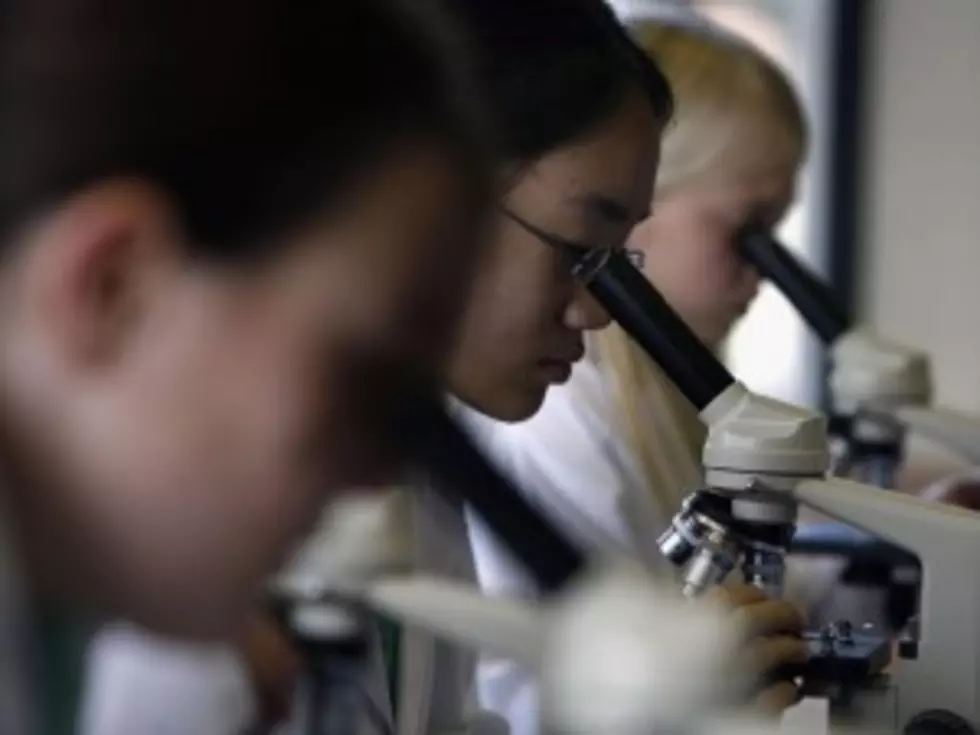
New ‘Superbug’ Strain of Gonorrhea Resists Antibiotics
Gonorrhea, a bacterial sexually transmitted infection, used to be easily treated with antibiotics. But now, a "superbug" strain of the STD has been found in Japan and scientists fear it could become a global public health threat.
"Since antibiotics became the standard treatment for gonorrhea in the 1940s, this bacterium has shown a remarkable capacity to develop resistance mechanisms to all drugs introduced to control it," said Magnus Unemo of the Swedish Reference Laboratory for Pathogenic Neisseria, who discovered the strain with Japanese colleagues.
He also revealed the strain's discovery in Japan followed an alarming pattern, saying, "Japan has historically been the place for the first emergence and subsequent global spread of different types of resistance in gonorrhea."
The new strain - called H041 - has left doctors with little alternative than to try medicines that have not before been used against the disease. Experts say another alternative is to treat gonorrhea with a combination of two or more types of antibiotic at the same time in an effort to make it harder for the bacteria to learn how to conquer the drugs.
Gonorrhea, one of the most common STDs in the world, is most prevalent in south and southeast Asia and sub-Saharan Africa. The Centers for Disease Control and Prevention estimates around 700,000 cases a year in the United States alone. Left untreated, it can cause pelvic inflammatory disease, ectopic pregnancy and infertility in women.
[Reuters]
More From Q92









